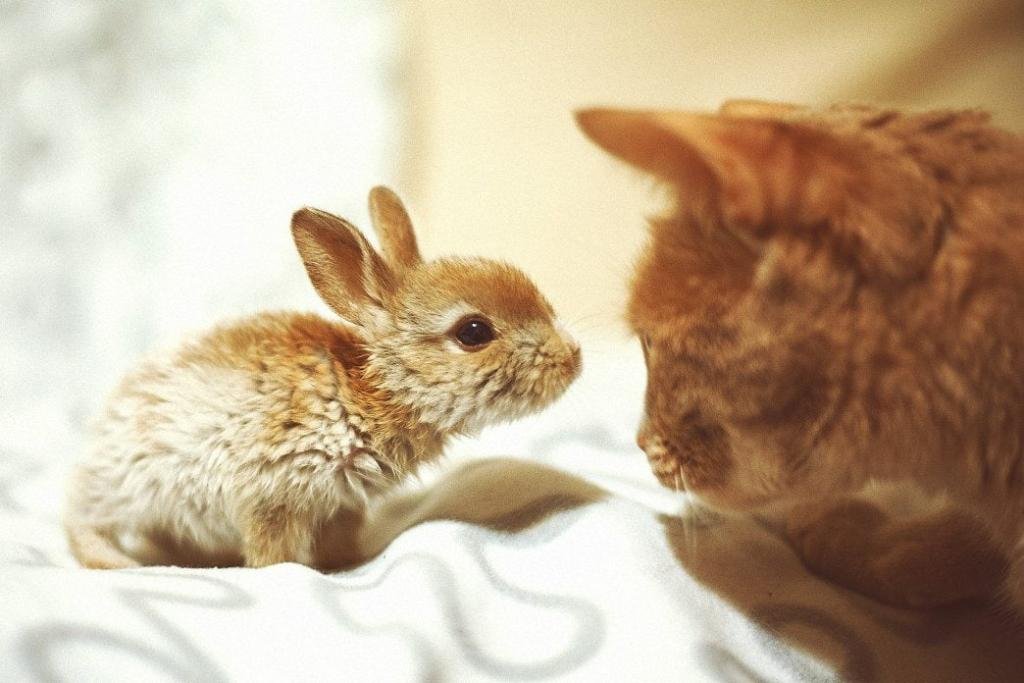Ways to prepare for the arrival of your new pet rabbit
Welcoming a new pet into your home is an exciting time for the whole family, especially if you have not had this type of pet before. While dogs and cats are popular companions – and for a good reason – smaller animals such as rabbits are rising in the popularity stakes. However, bear in mind that rabbits have slightly different care requirements to cats and dogs. To ensure that they thrive in their new environment, here is how to prepare for your new pet rabbit’s arrival.

Companionship
Rabbits are not solitary animals – in the wild, they live in large family groups. A rabbit kept on its own will become lonely and may exhibit unnatural behavior, such as increased aggression. Pet rabbits thrive best in pairs or groups, so make sure you adopt more than one pet rabbit. On the other hand, if you have already owned a pair of rabbits, but have sadly lost one, make sure that you find a new companion for your surviving rabbit as soon as possible.
Get your new rabbit sterilized
The phrase ‘at it like rabbits’ exists for a reason! Rabbits are very virile animals that can have several litters a year. This uncontrolled breeding can cause major problems, such as increased health risks to your rabbits and the struggle to find homes for unwanted babies. To prevent such heartache, get your rabbit sterilized as soon as possible. As well as eliminating the risk of any unwanted pregnancies and diseases, a sterilized rabbit is often less aggressive and easier to train.
Vaccinations
Rabbits are highly susceptible to the potentially fatal diseases of myxomatosis and viral hemorrhagic disease (VHD). To only way to protect your furry friend from these devastating diseases is to ensure that a trusted veterinarian regularly vaccinates them. Your vet will also be able to check over your rabbit’s general health and condition and offer you the best advice on how to care for and ensure that your pet remains in top physical condition. Visit easyvet.com for more information about how to sign up for a veterinary practice.
Provide the correct accommodation
If your new rabbit is an outside rabbit, ensure that you provide appropriate accommodation – a small hutch on the patio, or at the end of the garden will not suffice. Rabbits kept in accommodation that is too small for them will develop painful skeletal problems. Outdoor rabbits require a large enough hutch for them to hop around it, stand up on their hind legs, and stretch out (and remember, this is for more than one rabbit!). You should also provide a large outside space where your rabbits can hop around and exercise, encouraging them to exhibit more natural behavior. Make sure that this outside accommodation is protected against the elements and is properly secured against predators. Use clean straw as rabbit bedding, and make sure that this is changed every day to ensure that your rabbits live in clean, secure comfort.